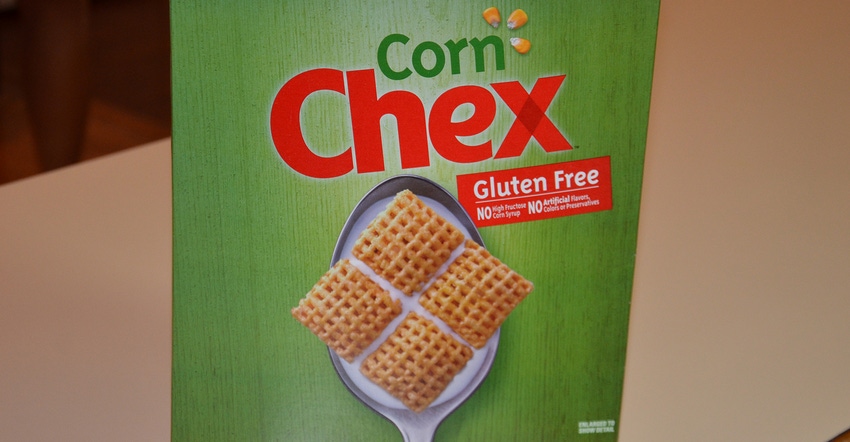August 17, 2020

If you believe you see lots of labels on food products that don’t need to be there, you’re not alone. Some companies are generously slapping labels such as "non-GMO," "GMO-free," "gluten-free," "organic," "hormone-free," "natural" and a host more on many products.
If the food product is in a class that could contain GMO-ingredients, then it makes sense for a company to promote that their product is "GMO-free" if it doesn’t contain GMO ingredients, and may be required by law. There’s nothing wrong with letting consumers choose which products they buy.
There are reams of scientific evidence to show that cornflakes made with GMO corn are just as wholesome as non-GMO cornflakes. But that’s a story for a different day. The example in question here is when a company slaps a non-GMO label on oatmeal, or a package of carrots or a can of green beans. The last time we checked, there were no commercial, genetically engineered versions of those crops.
If something couldn’t contain GMO ingredients, then why mark packaging with "GMO-free" labeling? The company is likely playing upon a consumer’s lack of knowledge and irrational fear of GMOs, hoping they will choose their product just because of the label.
Legitimate GMO testing
There could be one exception to the logic that a box of oatmeal doesn’t need a "GMO-free" label. A Greener World, an independent, nonprofit certifier of various designations, notes that sometimes a product could contain a minute quantity of GMOs through contamination. That could occur during harvesting or processing. Unless the product is tested, you may not be 100% sure it doesn’t contain traces of GMOs.
Companies such as A Greener World provide what’s known as third-party verifications. There is a National Bioengineered Food Disclosure Standard, published in the Federal Register. It lets companies know if a bioengineered food disclosure is required for a food or ingredient. However, spokespeople for A Greener World note that these federal procedures rely solely on the manufacturer’s records. Testing isn’t required.
So, if a consumer truly wants a non-GMO product, even "GMO-free" labels applied by the company may not prove there aren’t traces of GMOs present. That’s where A Greener World comes in. If products they test are non-GMO, they earn the "Certified Non-GMO by AGW" label.
Apply common sense
Confused yet? Many consumers likely are. It doesn’t help when companies pull stunts like one internet marketer, advertising "organic" salt. What can be organic about sodium chloride?
The beef industry is aware of how various companies, even some restaurant chains, use labels to get an edge on the competition. For example, "Angus beef" is used so loosely today that just because it says "Angus beef," it doesn’t mean you’re getting beef from a full-blooded Black Angus animal. Odds are you’re not, but the name "Angus beef" implies better quality, based on tradition and marketing.
Even Certified Angus Beef, marketed by the American Angus Association, isn’t always from 100% Angus breeding. However, to earn that designation, the beef must satisfy 10 quality measurements. So, the term "Certified Angus Beef" still has value today.
What advice can you give your suburban neighbors? Look past labels on any foodstuff. Know what you truly want and choose products that meet your requirements. Just realize that on occasion, some labels slapped on products may be little more than a marketing ploy.
Comments? Email [email protected].
You May Also Like




